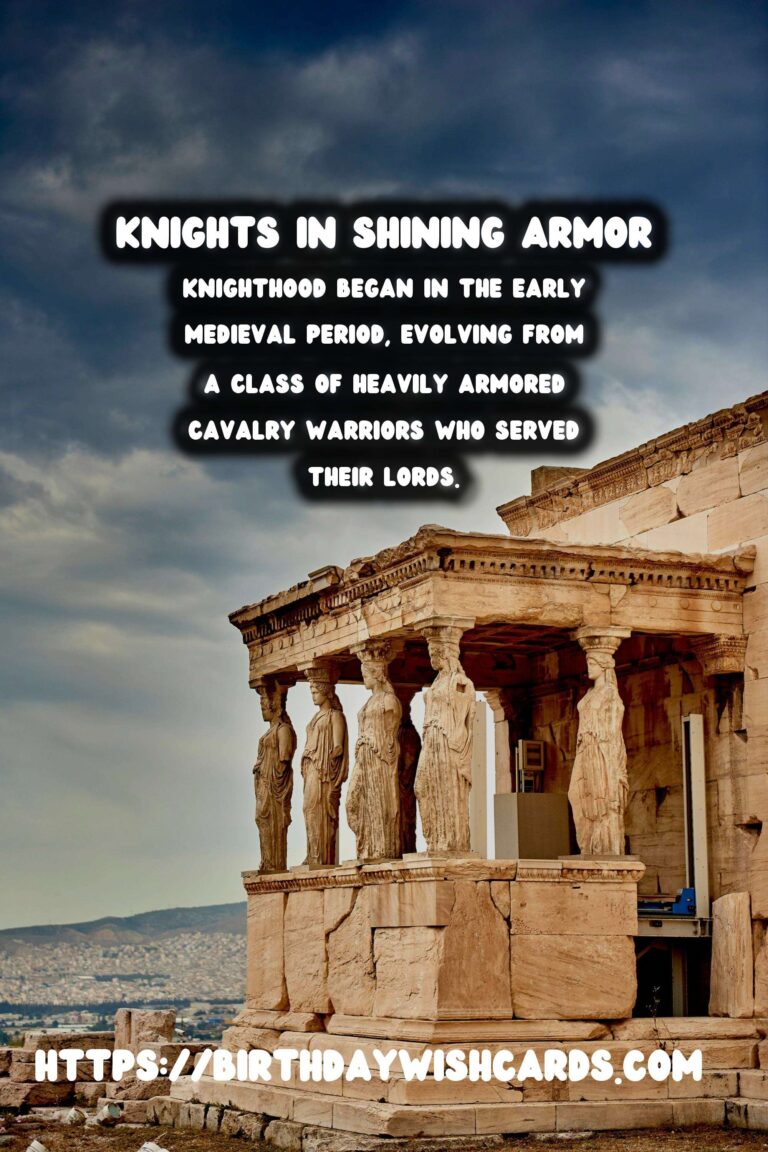
The age of knighthood represents one of the most fascinating eras in medieval history. Knights were the epitome of bravery, honor, and chivalry in a world defined by the feudal system. But what exactly defined a knight, and how did the concept of chivalry originate and eventually decline?
The Rise of Knighthood
Knighthood began in the early medieval period, evolving from a class of heavily armored cavalry warriors who served their lords in exchange for land or monetary compensation. During this time, Europe was frequently embroiled in wars, and the need for skilled horsemen led to the rise of knights as a pivotal force in military affairs.
Young boys of noble birth were trained from an early age. Starting as pages and progressing to squires, they learned the arts of warfare, horsemanship, and the complex social codes that governed the behavior of knights. Upon proving themselves worthy, these squires were dubbed knights, marking the transition to full-fledged warriors.
Chivalry: Ideals and Expectations
The concept of chivalry soon evolved alongside the institution of knighthood. It was an ethical code that all knights were expected to uphold. Based on ideals like bravery, honor, and respect for women and the poor, chivalry was considered a hallmark of true knighthood.
Literature of the time further romanticized the knightly code. Popular tales of King Arthur and the Knights of the Round Table depicted knights as models of virtue, inspiring real knights to emulate these fictional paragons.
The Role of Knighthood in Medieval Society
In medieval communities, knights played a pivotal role not just in military contexts but also in local governance and the maintenance of order. They were often landowners and wielded considerable influence in their regions. Through feudal obligations, knights protected the lands of their liege lords, who in return provided them with sustenance and shelter.
The Decline of Knighthood and Chivalry
Over time, advancements in military technology and changes in warfare methods began to diminish the significance of knights on the battlefield. The introduction of longbows, crossbows, and eventually gunpowder made heavily armored cavalry less effective. Additionally, the establishment of professional armies reduced the reliance on knightly warriors.
The notion of chivalry too began to fade. As societies evolved, the rigid social structures that supported chivalric ideals were challenged. The romanticized views of knighthood no longer aligned with the social and economic realities of the changing world.
The Legacy of the Knight
Despite its decline, the legacy of knighthood endures. The chivalric principles of courage, loyalty, and honor continue to be celebrated in contemporary culture through media, literature, and reenactments.
Modern orders of chivalry have also emerged, reflecting these long-held traditions in ceremonial and charitable roles rather than martial ones.
Today, the image of the knight remains a powerful symbol of nobility and virtue, invoking the grandeur of a bygone era.Understanding the historical context of knighthood provides insight into the core values and societal structures that have shaped modern Western culture.
Knighthood began in the early medieval period, evolving from a class of heavily armored cavalry warriors who served their lords. Despite its decline, the legacy of knighthood endures. 


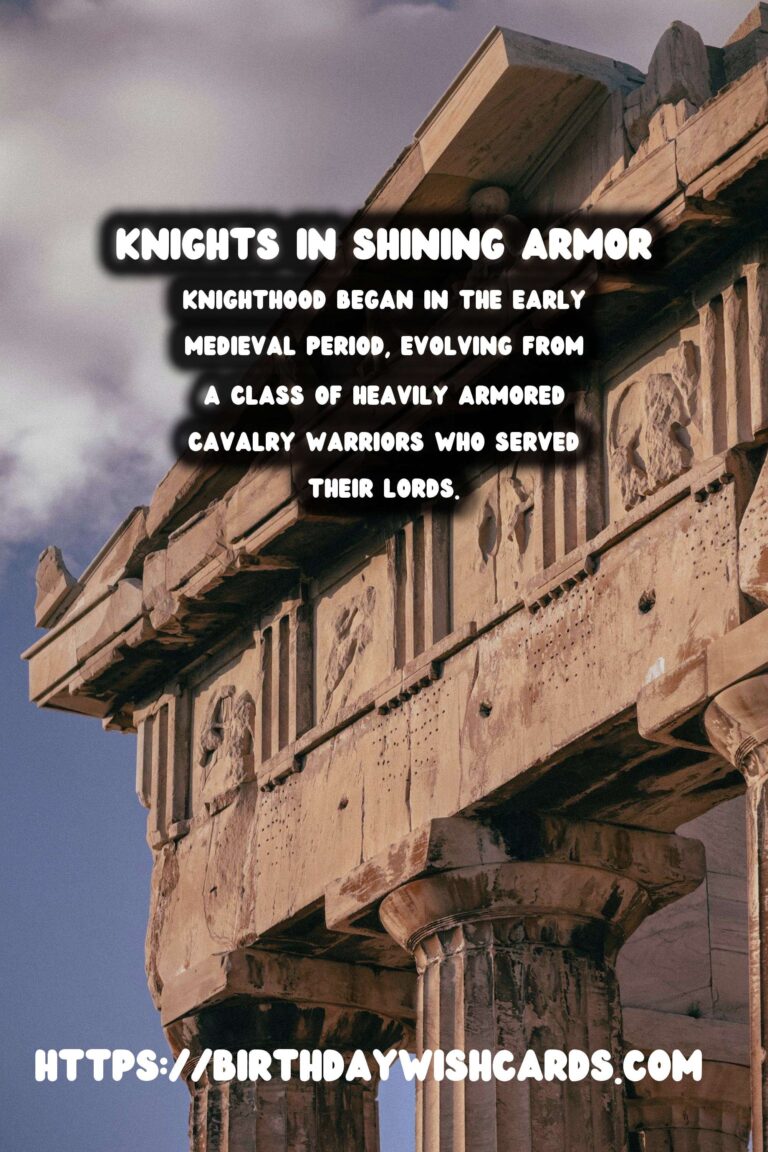
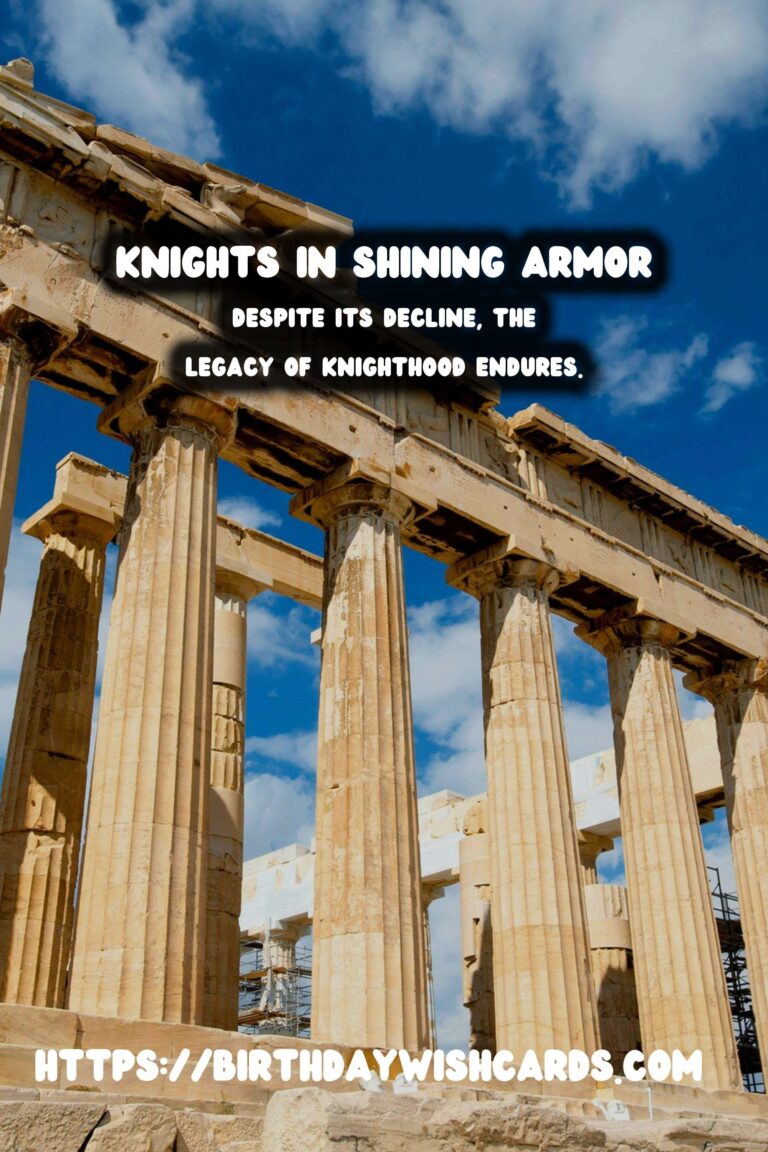
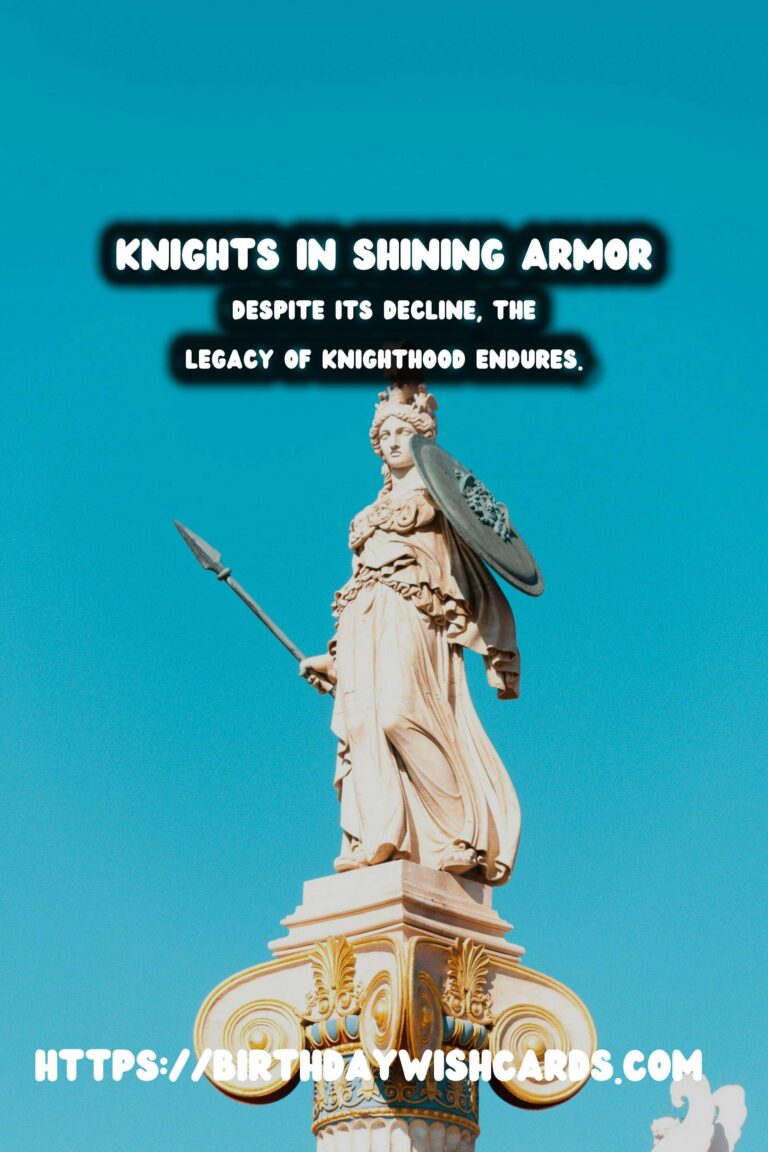

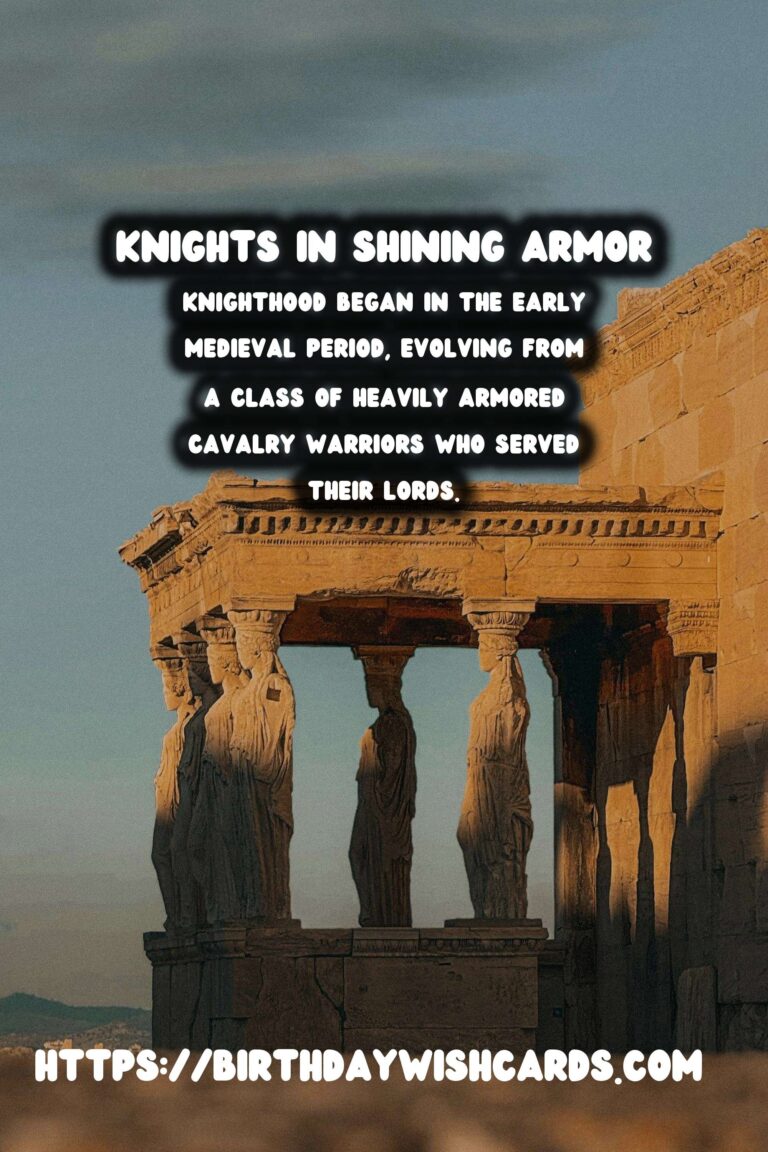
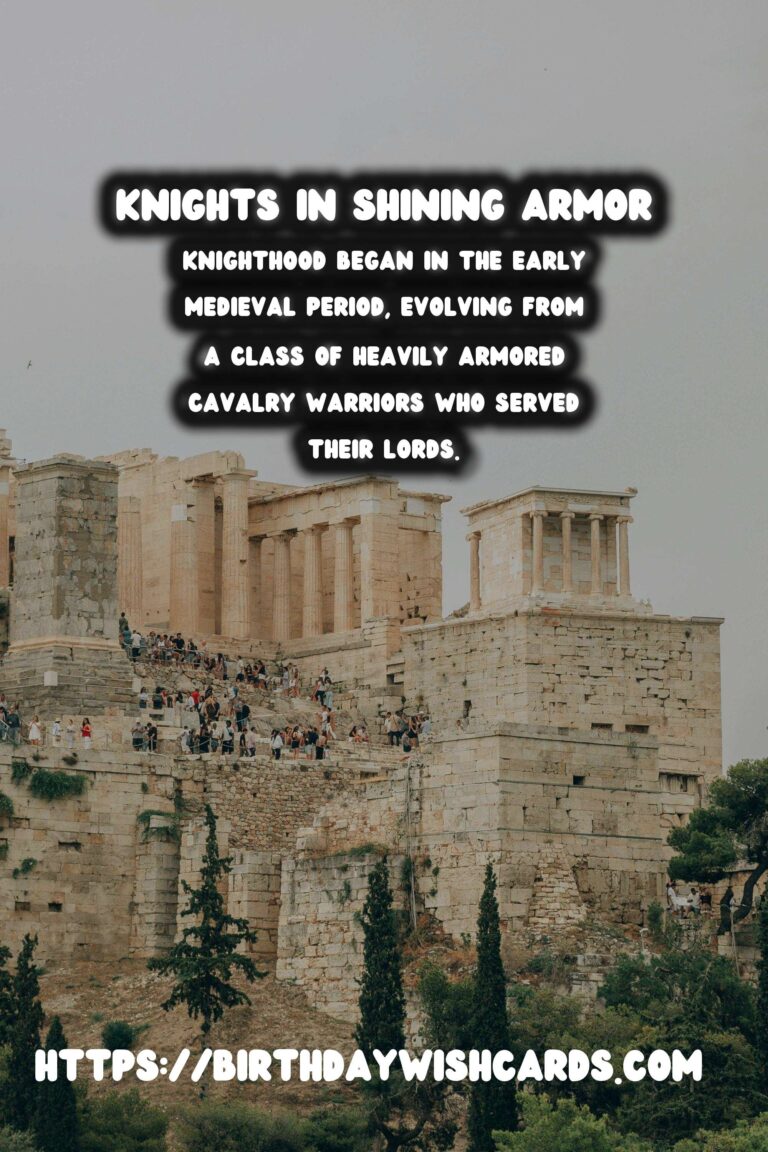
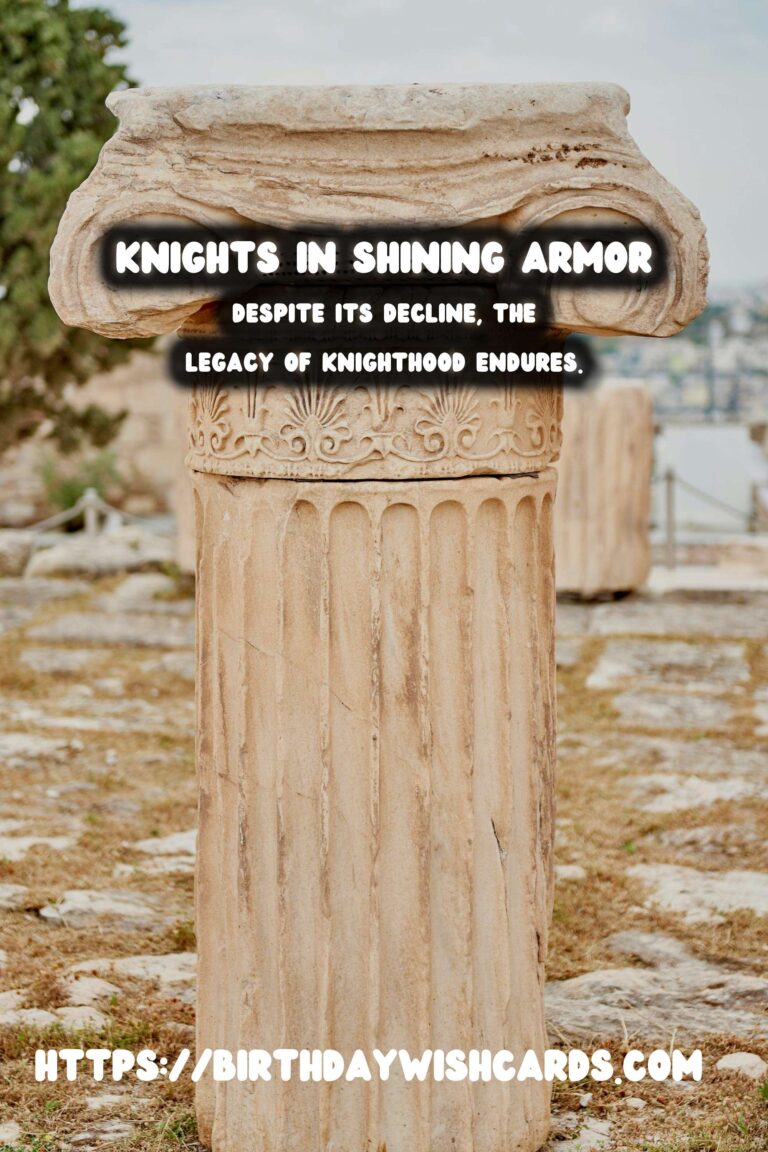
#knighthood #chivalry




